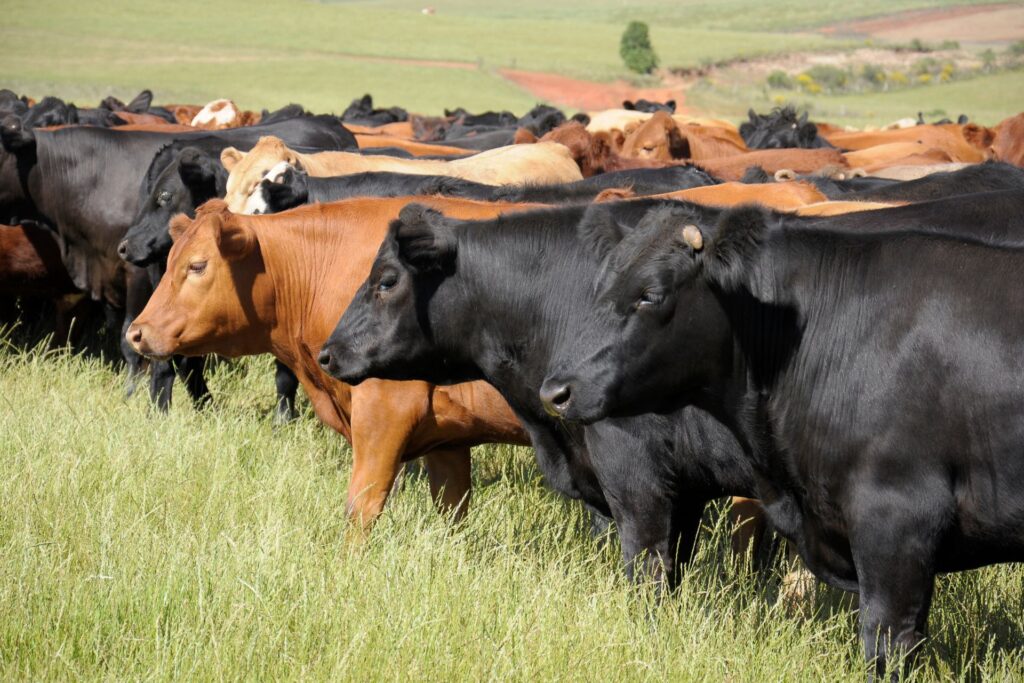Government of Canada Announces New Economic Incentive to Reduce Methane Emissions from Beef Cattle

Against the backdrop of Food and Agriculture Day at COP28, the global community is witnessing a pivotal moment in the collective effort to address environmental challenges within the agricultural sector. As world leaders convene to deliberate on sustainable solutions, there is a growing consensus on the critical role agriculture plays in reducing emissions and fostering a more sustainable planet.
Environment and Climate Change Canada published a draft fourth protocol under Canada’s Greenhouse Gas Offset Credit System. This new draft protocol, Reducing Enteric Methane Emissions from Beef Cattle (REME protocol), will incentivize farmers to implement changes that would reduce enteric methane emissions from their beef cattle operations with an opportunity to generate offset credits that they can sell.
Methane is generated during the natural digestive process of cows and is released into the air when cows burp. This is known as an enteric methane emission. The REME protocol will encourage beef cattle farms to reduce enteric methane emissions by improving animal diets, management, and other strategies that support more efficient animal growth. Each credit represents one tonne of emission reductions. Credits can be sold to facilities that will use them to meet emissions reduction obligations, or to other businesses to meet their low-carbon economy commitments. This means fewer methane emissions, and more financial opportunities for Canadian farmers.
To ensure the offset protocol will be a practical solution for farmers to earn revenue for emissions reductions, the Government of Canada developed the REME protocol with input from technical experts in the agricultural sector. Additionally, the Government is working closely with provinces and territories that have shown leadership in agricultural environmental action to incorporate best practices and build on their experience. For example, the draft REME protocol was informed by Alberta’s offset protocol on reducing greenhouse gas emissions from fed cattle.
The REME protocol is just one of a number of measures the Government of Canada is taking to help decarbonize the agricultural sector. Just last month, Agriculture and Agri-Food Canada announced a $12 million investment in the Agricultural Methane Reduction Challenge. This Challenge awards funding to innovators advancing low-cost and scalable practices, processes, and technologies designed to reduce enteric methane emissions produced by cattle.
Related Article: Barclays Toughens Deforestation Rules for Beef Sector Clients
The Government of Canada is seeking input from stakeholders on the draft REME protocol. Interested parties are invited to submit comments via email at: creditscompensatoires-offsets@ec.gc.ca by February 6, 2024. The final protocol is expected to be published in the summer of 2024, when farmers can begin registering their projects in Canada’s Greenhouse Gas (GHG) Offset Credit System. For more information on Canada’s GHG Offset Credit System, eligible activities, and how to submit an application to register an offset project, please visit Canada’s Greenhouse Gas Offset Credit System.












